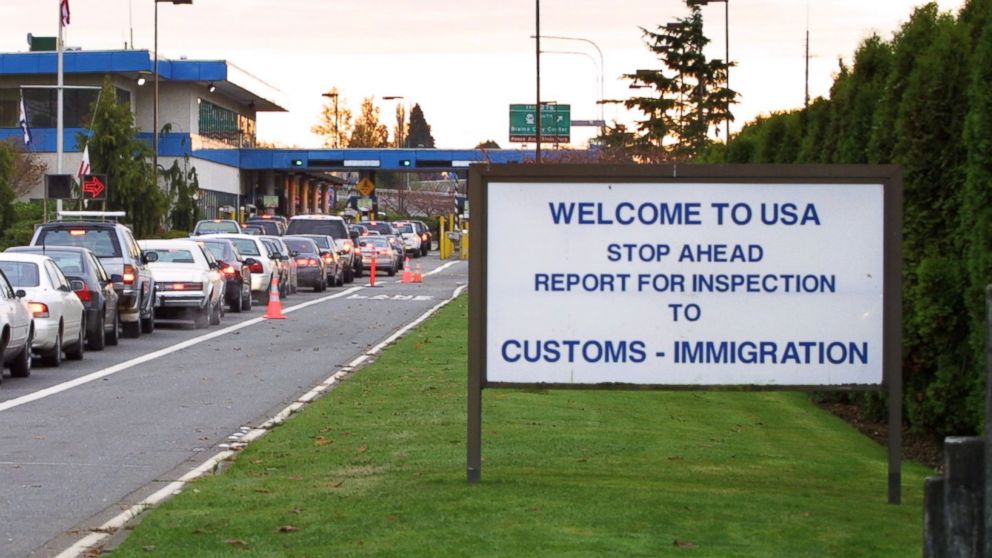Odd Things Other Countries Warn About Travel in the USA
What do other countries warn their people traveling to the U.S.?

March 16, 2014— -- Last week, I told you about unusual warnings issued by the State Department for U.S. citizens traveling abroad; warnings like, be alert in certain regions of Norway for polar bear attacks.
Now, it's our turn. What do other countries warn their people traveling to the U.S. about? Short answer: Crime, but also Mother Nature. When she's at her worst.
Foreign visitors might be warned about earthquakes, brushfires, tsunamis or even volcanoes around every corner, a view of America that seems to have great potential for an epic disaster movie. But that's not all.
Other unusual warnings that crop up involve alcohol and nudity (for the latter, see Germany). Let's go through these in alphabetical order.
Unless otherwise noted, most of these warnings can be accessed online via the country's equivalent to our State Department.
Australia
Crime: The Department of Foreign Affairs and Trade notes the U.S. generally has a "higher incidence of violent crime compared to Australia" but also adds that normal precautions should do the trick. On the flip side, travelers are warned of laws "that may appear harsh by Australian standards" but must be obeyed anyway and an accompanying video features an Australian consular official solemnly noting that the legal drinking age in the U.S. is 21 (it's just 18 Down Under). No mention is made of the sometimes puzzling liquor laws of Utah.
Weather and more: There is a lot of information on hurricanes and other phenomena including, "Earthquakes, fires or wildfires, floods, extreme heat, landslides and debris flow (mudslides), thunderstorms and lightning, tornadoes, tsunamis, volcanoes (Hawaii, Alaska and Pacific Northwest), winter storms (freezing rain, heavy snow and blizzards) and extreme cold." Wow. It's not that bad, really. Well, not all the time.
Medical care: Travelers are warned that while care here is good, it's not cheap: "Regardless of how healthy and fit you are, if you can't afford travel insurance, you can't afford to travel."
Canada
Crime: Our northern neighbor also talks about the potential for violent crime in the U.S. while suggesting it is often connected to alcohol and drugs, so visitors are warned to "remain alert and discreet while in entertainment areas." In other words, don't get blotto while out on the town which is good advice for anyone, anywhere.
Punishment: Canadians are warned to avoid committing crimes, but if they do, homesickness may not be a problem: "Canada and the U.S. have a treaty that permits a Canadian imprisoned in the U.S. to request a transfer to Canada."
England and the UK
Crime, weather, traffic: Her Majesty's government is somewhat concerned about crime, but notes such incidents rarely involve tourists. There is also interest in hurricanes (and even snowstorms) as well as U.S. highways and traffic. The Gov.UK site warns that U.S. "speed and drink driving [sic] limits are lower than in the UK" so, watch yourself.
Drugs: One more warning. "The plant Khat (or Qat) is an illegal narcotic in the US. You will be arrested and detained with the possibility of a prison sentence if you bring Khat into the country." Consider yourself warned.
Germany
Nudity: This unusual item was brought to our attention last fall by the Washington Post which quoted Germany's Federal Foreign Office: "Nude bathing and changing clothes at the beach stirs up public agitation and can lead to unpleasantnesses."




